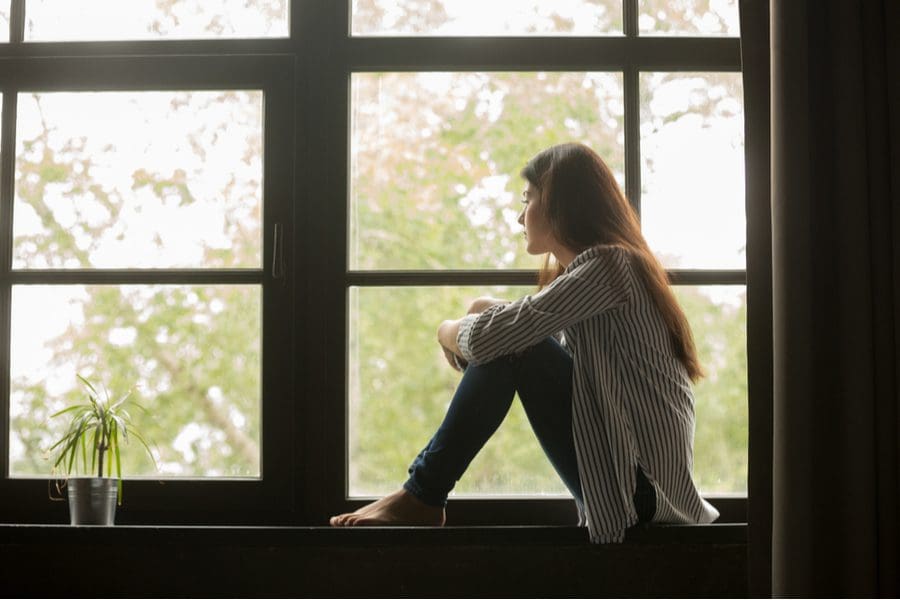Anxiety makes us feel powerless, and feeling helpless amidst the Covid-19 outbreak can hinder our ability to make decisions. Doubting the decisions we make to protect ourselves, our families and our communities, leads to even more anxiety. Reframing uncertainty can help you find resilience against the unimaginable threat of coronavirus. There are ways to overcome panic. Try these steps, and don’t worry about worrying. Cut yourself some slack. Be as kind to yourself as you want to be to your neighbors in this time when everybody is scared.
Take stock of your reality.
Anxieties grow from anticipating the nightmare scenarios of an uncertain future. Turning your imagination loose on the unmanageable creates a feeling of powerlessness, and that can paralyze you.
Stop, take a deep breath and make a mental list of your reality in just this moment. Realize that you are still breathing and your heart is still beating. Then look at the challenges that are facing you today. You’ve got to get dressed, fix breakfast and get the dog outside for a socially-distanced walk. You may have to start your kids on a home-school lesson assignment. Don’t underestimate your ability to cope and do these things.
Take three positive steps.
Set a goal to accomplish just one thing each day, whether it’s exercising, reading a chapter in a book, or tackling the laundry. Second, do something that brings pleasure such as giving yourself a manicure or facial, indulging in a bowl of double Dutch chocolate ice cream or soaking in a bubble bath. Third, connect with a friend or relative. Taking the opportunity to call, text or Facetime will help take you out of your headspace and reduce stress and anxiety.
Turn off the TV.
You want to be educated so that you can confront this crisis with the facts and make the most informed decisions for yourself and your family, but don’t drown yourself in the relentless 24/7 tide of information. Limit yourself to checking your favorite news sources at set times each day. Reduce your exposure to the headlines. Take a step back from social media where misinformation can send your anxiety soaring. Turning off the TV will give you a sense that you’re in control and lower your stress.
Do what you can to help.
We have the power to provide support to others. Panic is much less likely to overwhelm us if we turn our energy to thinking about how we can help. Taking a positive action, even if it’s small, goes a long way in reducing stress and the feelings of powerlessness. Donating or volunteering to our communities lowers the risk of depression.
Take care of yourself
Stay in good shape and you’re doing more than just protecting your own health. You’re taking steps to reduce the load on your community’s health care workers and hospitals. You’re doing your share to flatten the curve. Studies show that exercise, good quality sleep, and a nutritious diet will help boost your immune system. Connecting with family and friends through phone calls or video chats are important in good overall health.






